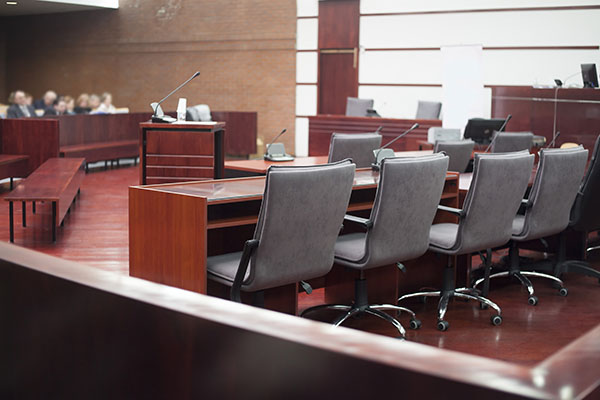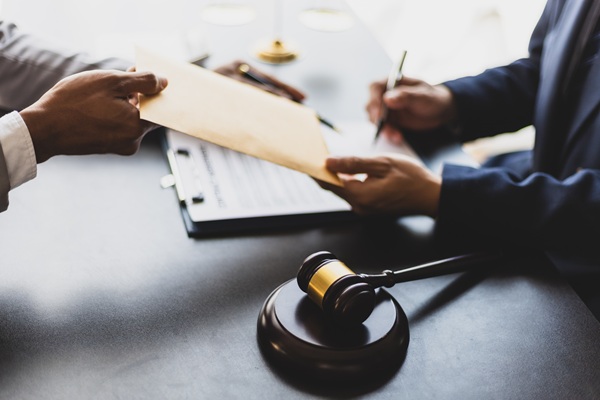Common Missouri Drug Possession Law Questions

Even though Missouri approved legislation updating some of the drug possession laws for the state in 2014, these changes only took effect on January 1, 2017. The primary impact of this update to drug possession laws centers on marijuana and other cannabis-related products. The focus is on varying amounts of drugs in possession that are punishable with jail time.
Understanding the basics of drug possession laws will only begin to help. It is crucial to seek professional legal guidance when facing charges of drug possession and a possible jail sentence.
Understanding Drug Possession Law
The basics of drug possession laws separate into marijuana and other drugs. Possession of marijuana, a maximum of 10 grams, for first-time offenders, can be a Class D misdemeanor with an accompanying penalty of $500. Thankfully, jail time is not attached. Possession of marijuana between 10 and 35 grams is a Class A misdemeanor but can include imprisonment with a maximum sentence of 1 year. If charged for marijuana possession a second time, regardless of the amount, it is classified as a Class A misdemeanor.
Drug Possession Charges
For both first- and second-time marijuana possession charges, suspension of a driver’s license usually occurs if the person is under the age of 21. Possession of drugs other than marijuana will be charged as felonies. These charges can include drugs such as cocaine, MDMA, and heroin. However, possession or use of another person’s prescription drugs can also be penalized by law enforcement.
Possession of paraphernalia charges also relates to possession of drugs and other illegal substances. Possession of paraphernalia is a misdemeanor punishable by a fine of $500 for a first offense and can increase to 1-year imprisonment and a maximum fine of $2,000 for subsequent possession charges.
What Happens After Being Found In Possession?
After being found in possession of marijuana or other drugs, the police will usually conduct an arrest before formally filing charges. This delay occurs if there is any ambiguity in the drugs, and the police need to test the drugs to determine what they are. After filing charges, the court issues a warrant for the arrest, where bond or bail will be at the county jail.
This part of the process is when an attorney is essential. Proper legal representation can help with the confusing process of bail, requesting evidence, filing motions, engaging in plea negotiations, or maybe taking the case to trial. For example, the police officer may have conducted an improper search and seizure to recover any drugs found in possession, which could lead to dropping certain charges.
Another example might be an incorrect diagnosis for any drugs found in possession. A wrong diagnosis is an honest but critical mistake when the drugs were sent off to the lab for testing.
Receive Legal Counsel Today
Some individuals charged with possession may have the opportunity to enroll in a drug court program. The availability will depend on the circumstances surrounding the case. Entrance into a drug program requires the handling prosecutor to refer the person charged with drug possession and is only available for non-violence felony charges.
Call (417) 865-2181 to schedule a consultation with Dean Price Law in our Springfield office.
NOTE: This blog is for informational purposes only and does not constitute legal advice
Check out what others are saying about our services on Yelp: Read our Yelp reviews.
Recent Posts
An arson attorney can help clients from the start of their case. These Missouri lawyers understand state law, local court procedures, and the serious consequences that their clients face. For example, arson charges may range from property damage to offenses that carry long prison sentences and lasting criminal records. That is why an arson attorney…
It is sometimes possible to challenge trial outcomes in Missouri by filing an appeal. However, appeals are handled differently from initial trials, as they focus on identifying and correcting legal errors rather than re-examining facts. A criminal appeals attorney provides essential support by identifying valid grounds for appeal, adhering to strict timelines, and advocating for…
A drug possession lawyer can provide essential protection for clients facing their first offense. Not only do these Missouri lawyers fight to protect constitutional rights, but they also work to ensure that opportunities for second chances remain accessible. With the support of an attorney, those facing charges can navigate the legal system with confidence, pursue…
A DUI defense attorney can provide legal guidance and representation following a charge for impaired driving. This charge is officially referred to as driving while intoxicated (DWI) in Missouri, although it is more commonly known as driving under the influence (DUI). Regardless of what you call it, early action and preparation play a major role…


